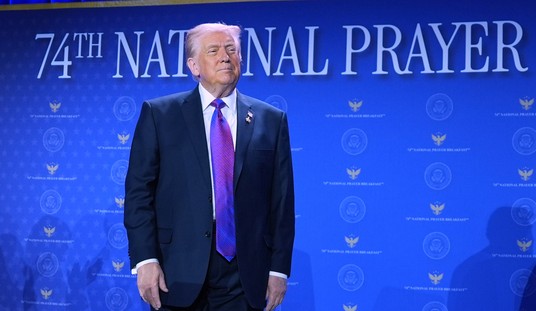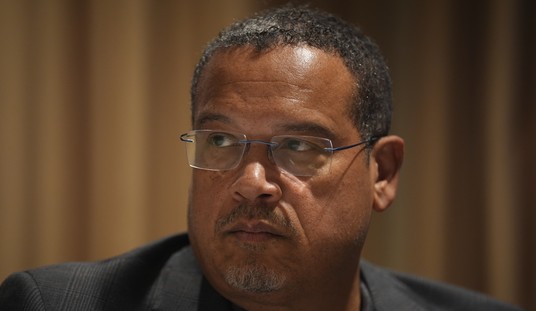McCain had his say earlier, here’s Rubio piling on. Foreign policy hawks are teeing off on the administration’s incoherent “smart power” approach, which the Florida Senator lays bare as a failure of global proportions. Rubio’s assessment isn’t nearly as granular as his recent impassioned floor speeches, but he articulates a pretty devastating critique in less than one minute (skip ahead to 1:50):
“I think on the issues of national security around the world, we are less safe today than we were when President Obama took office. In Asia, our allies are increasingly unsure about our ability to counter both North Korea and Chinese expansionism. In Europe, you’ve begun to see real tests of the NATO alliance given Russia’s aggressiveness. In Latin America, you’ve seen the retreat of democratic order. Obviously Iran is closer today than they’ve ever been to being a nuclear weapons power. In fact, the U.S. has apparently agreed to allow them the capability to enrich. And Al Qaeda has now spread to 14 different countries and has actively continued to plot attacks against U.S. interest around the world and here in homeland. Other than that, things are going well, I suppose.”
Oof. Though the American electorate is unquestionably focused on domestic concerns (these numbers may be just as problematic for Democrats as these ones), they’ve heard enough to draw negative conclusions about Obama’s handling of foreign affairs. Our embarrassing, accidental Syria policy has collapsed, a reality that even John Kerry has conceded. Our “Russian reset” — memorably forged in a gaffe — quite manifestly has not improved our standing with the Kremlin’s autocrats. And the Obama administration’s long-sought nuclear deal with Iran isn’t fooling anyone, except perhaps our top policymakers. American negotiators agreed to loosen sanctions against the world’s top state sponsor of terrorism, in exchange for which Tehran magnanimously hit a temporary, reversible “pause button” on their enrichment process. In Tehran’s view, the US has now tacitly endorsed Iran’s “right” to enrich, prodding a top regime official to remind CNN that Iran “did not agree to dismantle anything.” If you don’t believe that, he smirked, just ask the White House to release the text of the interim agreement, which remains hidden from the public eye. As further gestures of their good faith, our would-be peace partners have secretly continued to pursue banned nuclear components, and have nominated as their UN ambassador one of the revolutionary hostage-takers who held American diplomats captive for more than a year during the Carter administration. And yet the Obama administration continues to work behind the scenes to undermine Congress’ bipartisan sanctions bill, designed to strengthen American negotiators’ hand as they sit across the table from profoundly disreputable actors. Indeed, the White House vigorously opposed the very sanctions they now credit with getting Iran to (theoretically) play ball in the first place:
Senate insiders say that senior Treasury Department officials have been lying for years about their backroom efforts to oppose and dismantle Iran sanctions legislation that ultimately forced Tehran to the bargaining table over its illicit nuclear program. Top officials in the Treasury and State Departments are said to have staunchly opposed the 2011 passage of the sanctions legislation authored by Sens. Bob Menendez (D., N.J.) and Mark Kirk (R., Ill.), and even worked to dismantle key pieces of the bill after it was passed by the Senate in a 100-0 vote, according to senior Senate insiders who worked on the legislation. Treasury’s role in the backroom negotiations over the bill were thrust into the spotlight earlier this month when Treasury Under Secretary David Cohen entered a heated exchange with Kirk over the administration’s opposition to sanctions.
It’s almost as if the Obama brain trust is making things up as they go along.








Join the conversation as a VIP Member